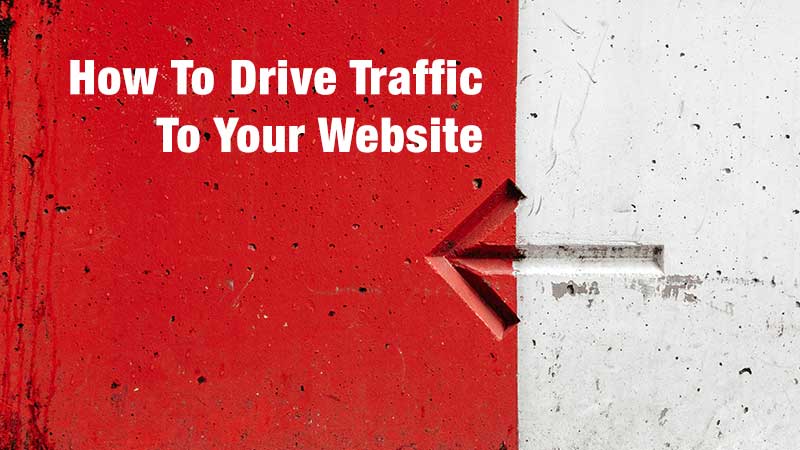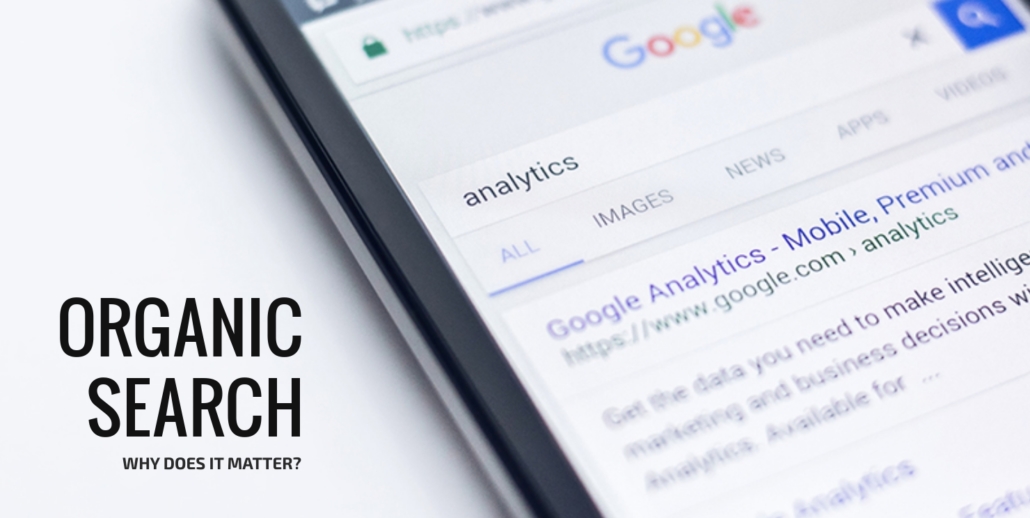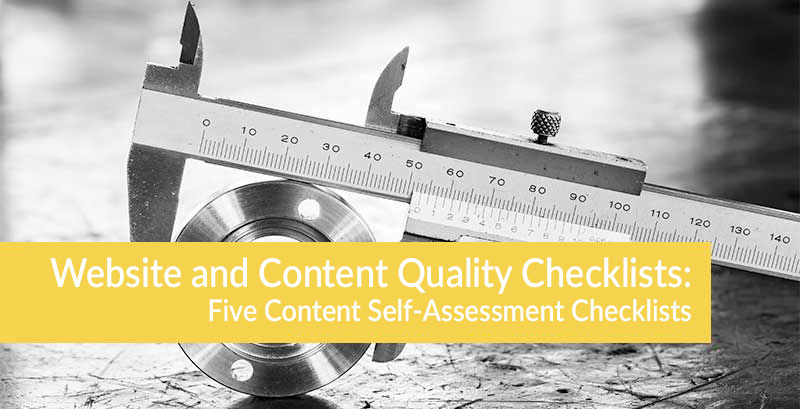To drive traffic to your website you need to know your readers.
What do your readers want? What are your readers searching for? How do your readers want to find and connect with you? What questions are your readers asking about your product or service? Who are your readers?
This information tells you how you can best connect with your readers and give them what they want. It actually sounds pretty simple – doesn’t it?
Unfortunately, driving traffic to your website isn’t simple or easy. To do it right, you need to understand the ins and outs of how people are using the Internet today and how they’ll be using it tomorrow.
Do You Know Your Readers?
At Know Agency, we tell our clients that the best way to drive website traffic is by putting the reader first.
When you know what your readers want and how to give it to them – you can make organic search work for you.
Your reader is asking Google questions and looking for answers. This is organic search. This is what you need to think about. How can you give your readers the answers to their questions?
What About Organic Social Media Reach?
You used to be able to count on organic social media reach to help you edge out competitors who aren’t on social media. However, recent data tells us that organic social media reach numbers aren’t living up to expectations.
Consider this research from Christopher Penn on organic social media reach:
“When I ran the numbers – sure enough, Instagram engagement started declining rather sharply beginning in May and hasn’t let up since. The most recent glimpse showed about a 20% month-over-month decline for brand pages/business profiles since early May with no sign of letting up.
…. I’ve run a dozen digital customer journey maps for Trust Insights clients in the last week and search is topping the charts for nearly all of them, from the smallest sole-proprietor brick and mortar shop to the largest publishing websites with millions of visitors per month. Search, search, search is bringing humans to the yard – and organic search at that.
…while organic search’s contribution to conversions ranged from 30% to 85%, organic social media never cracked 3% for any given client out of the dozen I analyzed.”
Research like this and the numbers that we’re seeing at Know Agency for organic social reach emphasizes how important it is to get your organic search right if you want to drive traffic to your website.
What is Organic Search?
Organic search is the natural searching your readers do in search engines. Your readers enter one or more words into their favorite search engine and a list of search engine results are returned.
These search results might result in your readers entering more specific questions or content in the search field or they might find what they need on the first page of the search engine results.
Think of organic search like the way you used to find information in the library, you would go to the section that had books about history for example, and then you would browse the shelves looking for titles that looked like they would give you the information you needed or simply sounded interesting.
Just as browsing the library shelves helped you find information – the same holds true for using organic search to find the answers to your questions. And this is why what your readers see on the search engine results page is so important – the headline, the description, and your URL are what compel your readers to take a chance and click your link.
Top 5 Ways to Drive Traffic to Your Website
Doing these 5 things will help you maximize your organic search potential. Remember, organic search success doesn’t happen overnight.
It’s important that you update your organic search strategy regularly – the Internet is not static – if you stop adjusting and revising your organic search strategy, you’ll quickly be left behind.
- Keywords. These are the words and terms your readers enter in search engines. It’s vital that you understand the keywords that fit your niche. This includes understanding the value of high-volume, low-competition keywords. Contact me to learn more about the different types of keywords and how they drive traffic to your website. Remember, all the content you provide, including your headlines, sub-titles, URLs, web page and blog content, and meta descriptions must be keyword-forward.
- High-Quality Content. Content matters. It matters more than the length of your blog post or how many followers you have on Instagram. The Google Search Quality Raters care about your content – is it establishing authority, is it providing value, does it show expertise – the answers to these and more determines how well your content is ranked by the real humans who work for Google.
- Answers to Questions. Your readers want answers to their questions. This is what they expect Google to give them. When you know the questions your readers are asking, you can write content that explicitly answers their questions. To do this well, you need to use smart headlines, provide quality content, and do your keyword research. Look at how this blog post is formatted – it answers a lot of questions you might have about organic search, organic social, how to drive traffic to your website, and why you need to contact Know Agency.
- Headlines and Meta Descriptions. Your headline, meta description, and URL are how you make a lasting positive first impression with your readers. A well-written headline and informative meta description tells your readers and search engines what they’ll get from your content.
- Clean Website Design. A clean website design makes it easy for search engines, the Google Search Quality Raters, and your readers to find the information they want. The knowledge you have about your readers should inform how you design your menus, pages, and content silos.
And yes, you can find articles that list 18, 26, or 39 key ways to drive traffic to your website. But, at Know Agency, we believe (and know) that if you haven’t got the fundamentals right – the extra bells and whistles simply don’t matter.
So, before you jump into a YouTube channel, hosting webinars, guest blogging, or use “click to Tweet” links – make sure you’ve got the basics of SEO right.
About the author
Jane Phelps is the CEO/Partner at Know Agency. Jane is the main point of contact for our clients and handles all aspects of in-house SEO demands. This includes providing SEO training, competitive analysis, keyword research, algorithm analysis, and the review of all new content to ensure SEO best-practices are followed. Jane holds a Master’s Certificate in Online Marketing from the University of San Francisco, is BrightEdge Certified and is the head of the BrightEdge User Group in Atlanta, GA.



